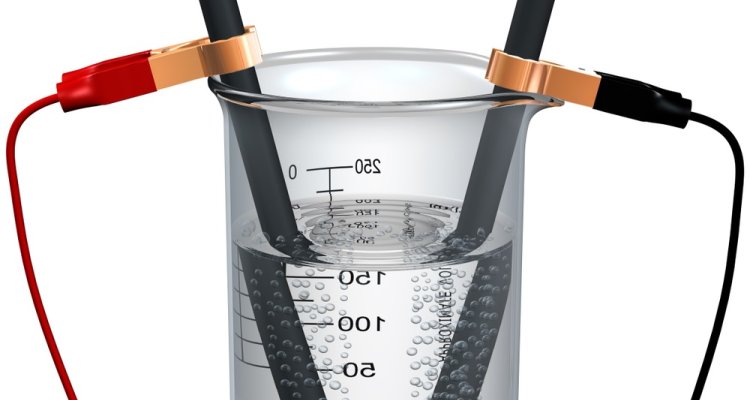
Project
Using electricity to supplement syngas fermentation for improved CO2 capture
Syngas is a feedstock for anaerobic bacteria to produce chemicals. Syngas-fermenting microbes oxidize up to two-thirds of the CO to CO2. In this project, we aim to capture this CO2 by providing extra energy to the microbes as electricity.
Background
Syngas-like mixtures (CO, H2, and CO2) are produced at industrial sites (e.g. steel mills) and via biomass/waste gasification. In steel mills, it is current practice to burn these gases, resulting in enormous CO2 emissions. An alternative to combustion of this CO-rich stream is conversion to chemicals. To do so several routes are available, including syngas fermentation. Syngas fermentation to ethanol is already applied at full-scale. Yet, ethanol has a relatively low market value. Previously, it was demonstrated at our group that syngas fermenting microbes can be combined with fatty-acid producing microbes to produce medium-chain fatty acids (MCFA) like caproate. Compared to ethanol, caproate has a higher value and is easier to separate from the fermentation medium.
The challenge
Although syngas fermentation to MCFA is possible, a fundamental issue related to carbon cycling efficiency remains; in the process, up to two-thirds of the CO is oxidized to CO2 by syngas-fermenting microbes and wasted. A solution to capture excess CO2 is providing extra reducing power e.g. via hydrogen or electricity supplementation. In previous research at the Environmental Technology group (ETE) on microbial electrosynthesis, electricity has been used to provide reducing power to microbes for fixing CO2 in MCFA, but one-pot syngas fermentation and CO2 fixation driven by electricity has not been developed.
Aim of this project
In this collaboration between the Laboratory of Microbiology and Environmental Technology, we aim to study the combination of syngas fermentation and microbial electrosynthesis in ‘simplified’ predefined co-cultures of microorganisms. This approach will allow us to get more knowledge on electrode-microbe and microbe-microbe interactions in the process. By studying variations of predefined co-cultures, we expect to reverse engineer the network of interactions necessary for efficient growth on syngas and electricity. Ultimately, this will allow us to define a MCFA producing co-culture with minimal complexity capable of effectively feeding on syngas and electricity for complete CO2 fixation.
Techniques
Work in this project includes:
- Microbial electrosynthesis cell cultivation combined with CO feed to enrich for usable strains.
- (Isolation and) physiological characterization of (novel) selected bacterial strains for defined co-cultures.
- Assembling and optimisation of co-cultures growing on CO/syngas and electricity.